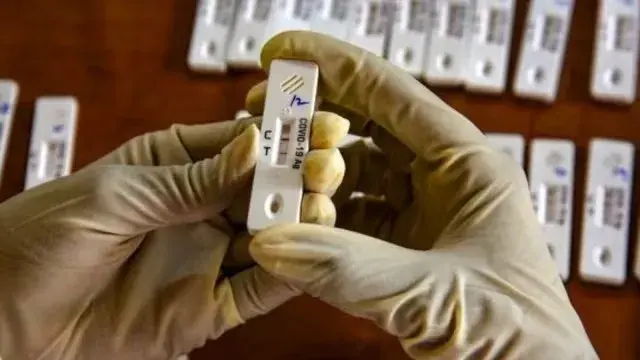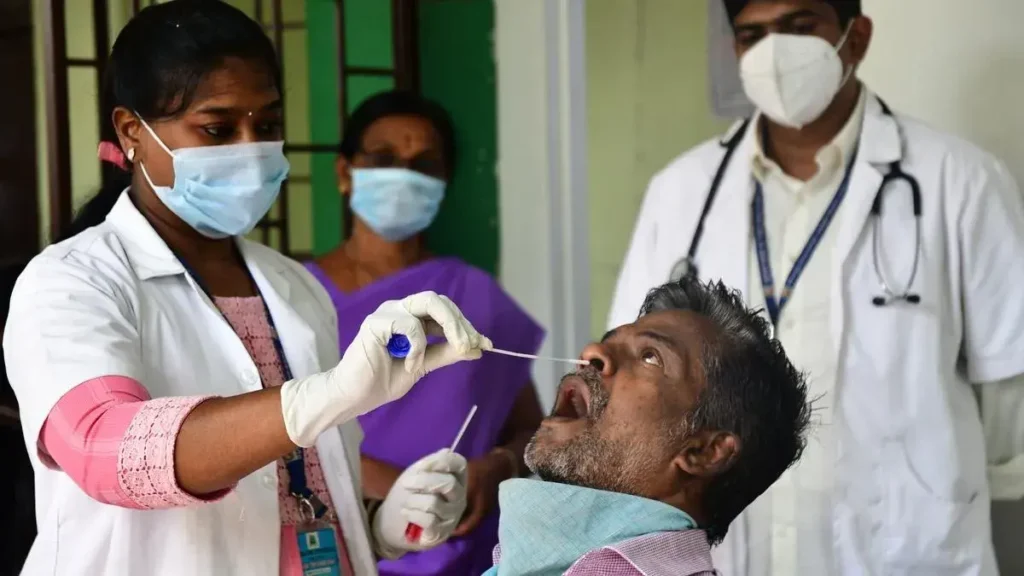Saudi Arabia Reports Three New MERS Cases, Highlighting Risks and Differences from COVID-19
The Saudi health ministry has notified the World Health Organization (WHO) of three new Middle East Respiratory Syndrome (MERS) coronavirus cases in Riyadh, Saudi Arabia. Sadly, one of these cases resulted in death. All three individuals were male, aged between 56 and 60, with pre-existing health conditions. None of them were healthcare workers. This brings the total number of MERS cases reported in Saudi Arabia in 2024 to four, with two fatalities. Dr. Syed Abdul Aleem, a Pulmonology Consultant at CARE Hospitals in Musheerabad, Hyderabad, explains that MERS-CoV is a viral respiratory illness caused by the MERS strain of coronavirus. Unlike COVID-19, MERS tends to be more severe with a higher mortality rate but is less contagious. It is primarily transmitted from camels to humans, with limited human-to-human transmission. Risk factors for MERS-CoV include close contact with camels or living in endemic regions, along with underlying medical conditions such as diabetes or chronic lung disease. Symptoms are similar to COVID-19, including fever, cough, and shortness of breath, but MERS can progress to severe respiratory illness, leading to pneumonia and acute respiratory distress syndrome (ARDS). Some individuals may also experience gastrointestinal symptoms like diarrhea. Management involves supportive care, with severe cases requiring hospitalization and supportive measures like supplemental oxygen therapy and mechanical ventilation. There is no specific antiviral treatment for MERS, but prevention measures include avoiding close contact with camels, practicing good hand hygiene, and avoiding contact with sick individuals. This highlights the importance of understanding the differences between MERS and COVID-19 and taking appropriate precautions to prevent transmission and manage cases effectively.


